Best WiFi Solutions for Camping with Unlimited Hotspots
The Camping Internet Challenge
Camping is a time of reflection, introspection, and disconnection. It’s an opportunity to challenge yourself physically and mentally. It’s a time to get back to nature and leave the hustle and bustle of day-to-day techno-monotonies behind for a while.
But there are only twenty-four hours in a day and only so much daylight in which to appreciate the wonders of nature’s beauty. After the sun sets, the campfire extinguished and the tents get zipped, it’s time to grab your handy internet connected device and check on important itinerary related items like the time of tomorrow’s sunrise and trailhead conditions or simply level up on Candy Crush and update your Instagram.
Either way, you’ll need an internet connection or some kind of Wi-Fi while camping. To get the fastest possible internet while camping you could lug a 75-mile fiber cable directly to your sleeping bag, but the next best thing is a 4G LTE Hotspot.
Public camping Wi-Fi might be available at the more popular campsites sometimes, but it’s often unreliable, spotty, and rarely at the 4G LTE speeds to which we are accustomed. Additionally, many campsites are overcrowded and possibly have more connections to the public router than the device can handle.
When a router gets too many devices attempting to connect, the router incurs slowdowns and drops clients. This is especially noticeable if the equipment used on the campsite is consumer grade. Most consumer grade routers are rated for 10-15 devices. If there are 25 campers and RVs in a fairly tight area all trying to pull from a single router, what could be an acceptable flow of data will dwindle to a drip.
Campground WiFi Solutions
To get high speed internet while camping, the 4G LTE hotspot is the best option for users to stay secure and connected at the fastest possible speeds. While the hotspot is the preferred option, there are other options out there. Keep reading to see what might work for you.
Satellite internet
Camping can be many things to many people. It can be an RV with a 75” big screen on the wall with leather recliners or it can be a backpack with a single person tent and a compass.
Usually when we talk about camping, the picture conjured is that of a warm open flame campfire with a nylon tent in the background surrounded by a dense forest in the distance, a massive clear sky and a white, glowing moon silhouetted around some soft, airy clouds. If your idea of camping is the one with the king size bed, a step-in shower, and a dishwasher, you might have the option to get internet at the campsite with satellite internet providers.
Satellite internet camping requires some serious hardware that can’t be packed in a backpack. First, the dish must be mounted and aimed to specific coordinates. So, every time you set up camp, you are aligning and pointing the satellite Wi-Fi dish that may or may not have controls to aim it from inside the vehicle. You could be out in the elements on the roof trying to dial in the best signal for the best satellite internet speeds.
Tethering
If you have enough sense to stay out of the rain, another option on the table is tethering. There are other articles on this site that explain Wi-Fi tethering, so we won’t get too involved here, but in a nutshell, tethering is a service usually built into your cell phone that allows you to tap into your phone’s data connection using the Wi-Fi built into your device.
Sounds awesome right? It can be. Using your phone for a hotspot, also known as “phone tethering”, can be a great service in a pinch. You can even use the USB cable to connect your non-Wi-Fi enabled device to the internet. That’s referred to as USB tethering. But all the tethering relies on one factor: Carrier data allowance. Many carriers will let you tether but only for a miniscule amount of data and tethering data counts are usually separate from the data accumulation tally of your usual phone data usage. So, heed the warnings.
Limiting Your Stay To Campgrounds With WiFi
Warnings are all over campsites. Don’t feed the bears. Extinguish all fires completely. Swim at your own risk. These are all posted warnings at the most travelled campsites. One more that should be posted at a campsite with Wi-Fi is “Be careful on this unsecured free Wi-Fi network”.
While we like to assume everyone is on the level and just out to enjoy nature, some might be there to enjoy your passwords and identity. It’s hard to find campgrounds with good Wi-Fi. It’s even harder to find campgrounds with good Wi-Fi that have up to date security with acceptable speed and connectivity.
Camping WiFi Hotspot
For the aforementioned acceptable speed and connectivity, your best bet is a personal hotspot. A camping hotspot is just like a hotspot for your camper or home. It provides portable Wi-Fi for camping. It pulls the data signal from the nearest tower and gives you the strongest signal based on the most powerful 4G LTE towers in the area.
Recently, Unlimited LTE Advanced has discovered and obtained a device that utilizes a built-in service allowing a data signal to seamlessly bounce from provider to provider. That means when you run out of one provider, there are two more ready to jump in and you won’t even know you’ve switched. With these new devices, there is no excuse not to have a mobile hotspot for camping.
Best Hotspot For Camping
I am not here to tell you which hotspot is the best camping Wi-Fi router. I am here to tell you that the best way to get the best internet for camping is to use a 4G LTE portable Wi-Fi router.
The service is clean, fast and easy to set up. The mobile modems for camping offered at Unlimited LTE Advanced are lighter than a water bottle and smaller than a cell phone and can bring speeds to your device in the wilderness that will leave you pleasantly surprised.
When selecting a device, remember to pick what best suits your personal needs. If your travels include biking and other outdoor adventure activities, look into a device that might be ruggedly road worthy. If your journey is smooth and you have access to power outlets, look into a more static device that does not require a battery.
Whichever route your journey takes you the best option for camping internet is a 4G LTE hotspot from Unlimited LTE Advanced.

Mike Meyer serves as the Vice President of Marketing at Unlimited LTE, where he leads the charge in delivering innovative communication solutions to those who need them most—rural communities and people whose lives keep them constantly on the move. With nearly a decade at Unlimited LTE and over 40 years of combined industry experience across his team, Mike is deeply passionate about bridging the digital divide. For him, it’s not just about connectivity—it’s about unlocking opportunity and improving lives through better, smarter access to the world.




